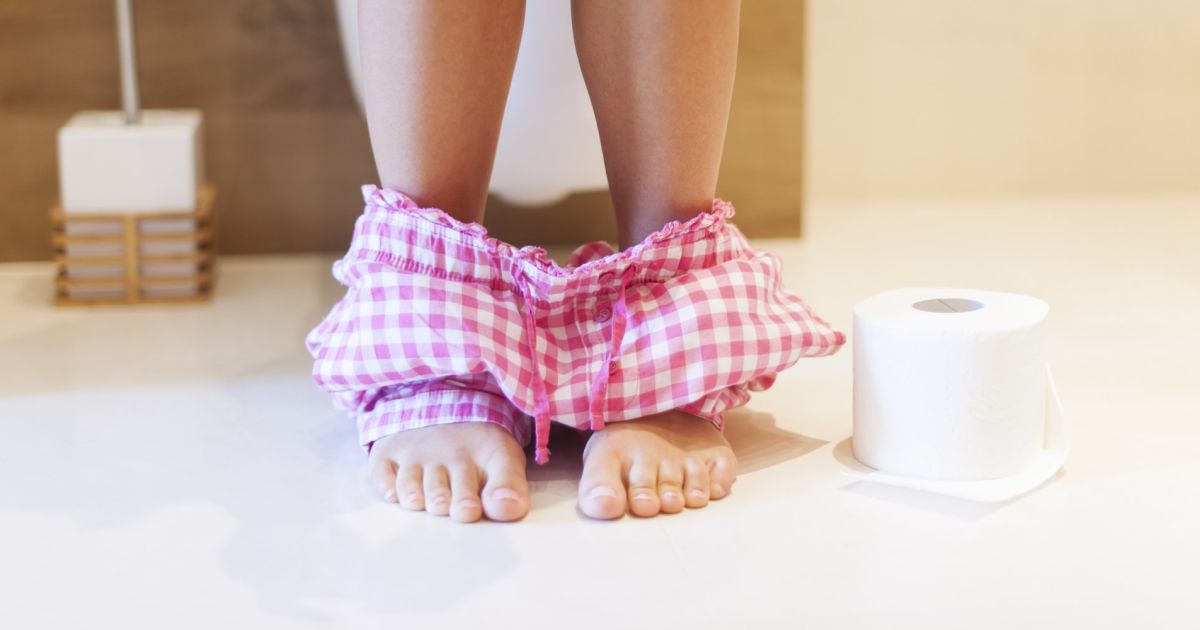How To Prevent And Treat A Kidney Infection
Kidney infection is a term used to describe when a pathogen travels from an individual's bladder through their ureters and into their kidneys, producing an infection. Kidney infections may also be caused by the spread of an infection that initially manifests in an artificial joint, from surgery on the kidney or bladder, or due to an obstruction in the flow of urine. Kidney infections may also be referred to as pyelonephritis. Symptoms of a kidney infection include abdominal pain, vomiting, fever, chills, cloudy urine, nausea, back pain, urinary urgency, pus in the urine, groin pain, pain while urinating, side pain, blood in the urine, and burning pain while urinating. Diagnosis is made with the use of a urinalysis, CT scan, MRI, ultrasounds, urine culture, and physical examination.
There are several ways a kidney infection can be prevented and treated. Get familiar with these methods now.
Drink Plenty Of Fluids
The most common cause of a kidney infection is the movement of bacteria through the ureters to the kidneys that had originated from a bladder infection. Bladder infections develop when bacteria enter the urethra and then make their way to the bladder. Once the bacteria is in the bladder, it attaches to the walls of the bladder and begins to colonize. If the individual's immune system is unable to eliminate the bacteria quickly, a bladder infection develops. An individual who drinks plenty of fluids will have to urinate more frequently than someone who does not. The mechanical action of urinating allows for bacteria attempting to reach the bladder through the urethra to be washed away by the urine flow. Drinking plenty of fluids can help an individual decrease their chances of developing a bladder infection because urine is not stagnating in the organ. Fewer bladder infections help decrease an individual's chance of developing a kidney infection.
Read more about preventing and treating a kidney infection now.
Don't Delay Urination

An individual can help prevent developing a kidney infection if they avoid delaying urination when they feel the urge to urinate. The capacity of a healthy adult bladder is around two cups of liquid. For a healthy individual, holding their urine in once in a while will not usually cause harm. When an individual feels the urge to urinate, it is not as simple as a bladder full of urine. The mechanism that triggers this sensation is a complex operation involving the participation of numerous nerves, organs, and muscles. The nerves in the bladder tell the individual's brain it is time to urinate when their bladder is half full. The brain sends transmissions back to the bladder that tells it to hold the urine until the individual is ready to urinate. Holding the urine in the bladder alone does not cause an individual to develop a bladder or kidney infection. However, urine that stagnates in the bladder can provide a sufficient environment for bacteria to grow, multiply, and thrive. When bacteria multiply in the stagnated urine, they cause a bladder infection that can spread to the kidneys.
Continue reading to uncover more options for treating a kidney infection now.
